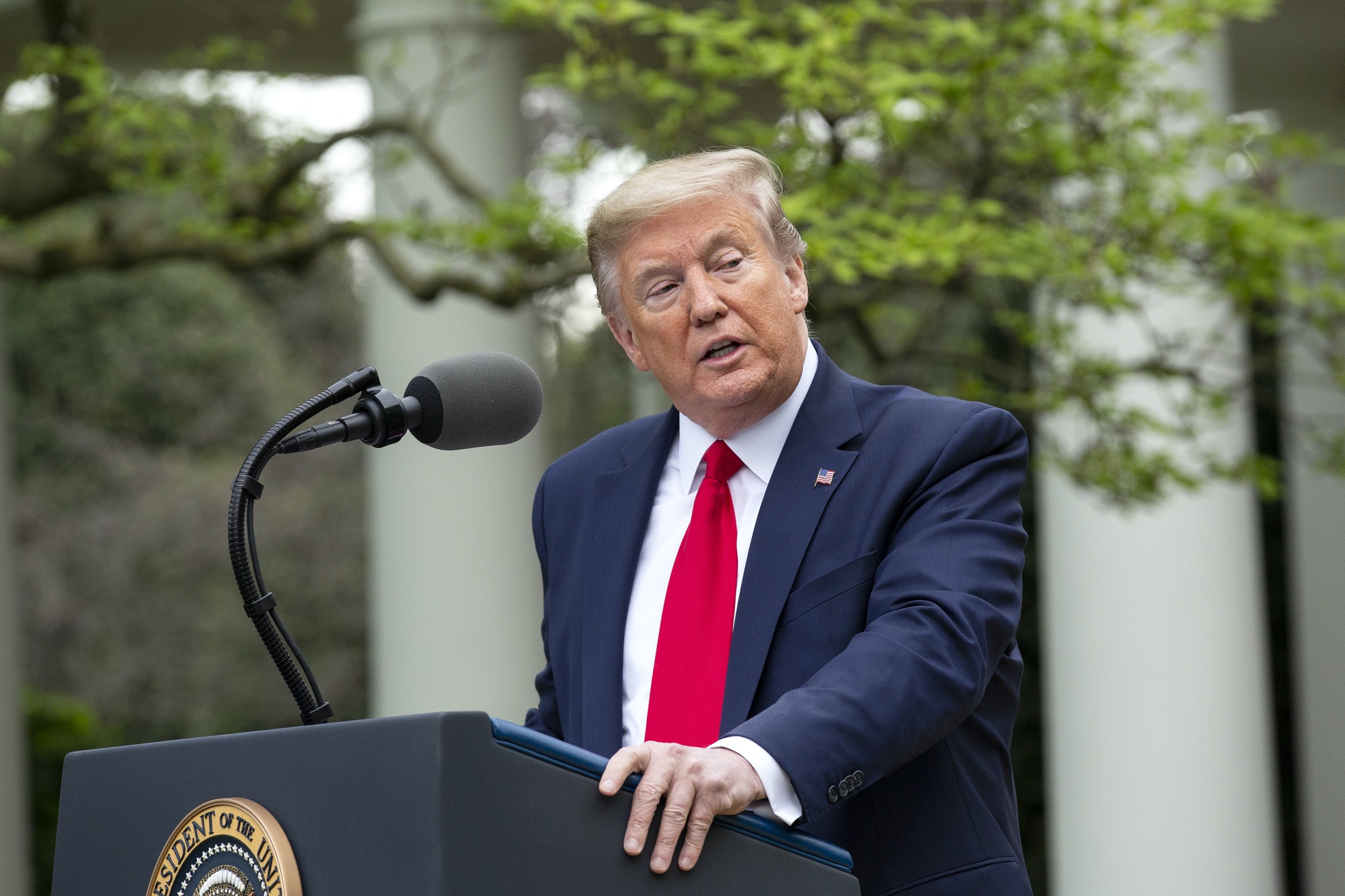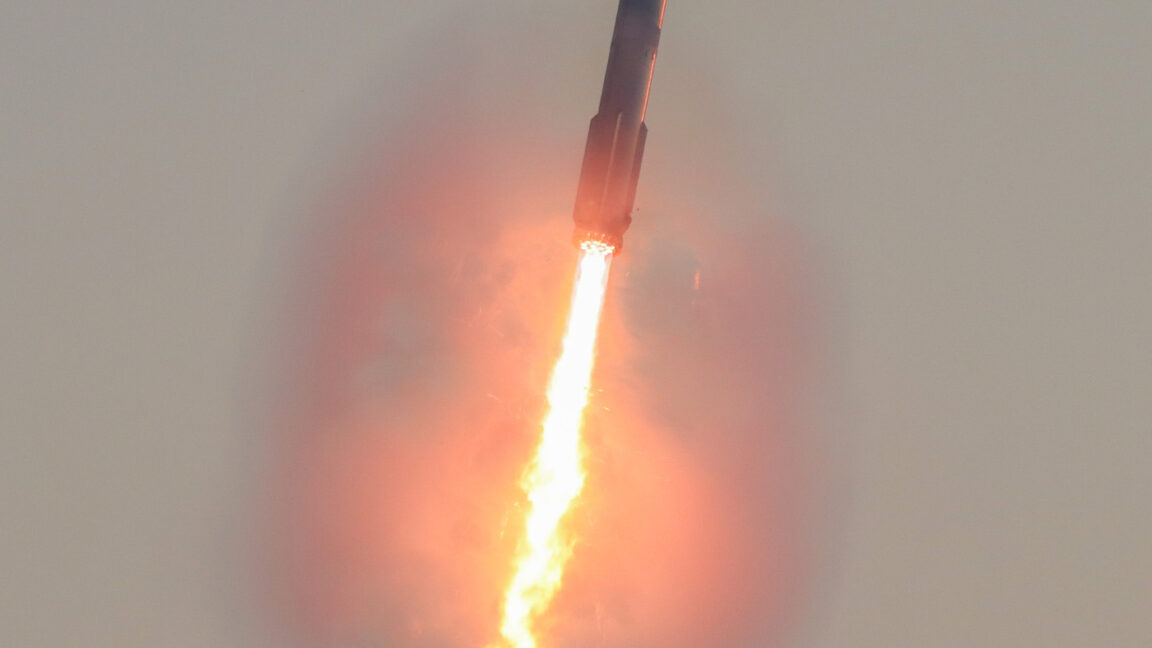President Donald Trump today said the United States will stop funding the World Health Organization until his administration completes a review of the group's response to the coronavirus pandemic.
"Today, I am instructing my administration to halt funding of the World Health Organization while a review is conducted to assess the World Health Organization's role in severely mismanaging and covering up the spread of the coronavirus," Trump said at a press conference today.
The US gives the WHO $400 million to $500 million per year and "has a duty to insist upon full accountability," Trump said. Trump said his administration will talk "with other countries and global health partners" about what to do with the US funding that would normally go to the WHO. The US provides about 15 percent of the WHO's budget. "Administration officials signaled the [funding] suspension would be for 60 days," according to Bloomberg, which noted that the US has "contributed $893 million to the WHO's operations during its current two-year funding cycle."
While "congressional Democrats say Mr. Trump can't cut WHO funding on his own," the "White House budget office has concluded the president has several options to withhold money from the WHO without congressional approval," such as by "order[ing] agencies to reroute the money to other related purposes," The Wall Street Journal reported.
Trump argued today that "the outbreak could have been contained at its source with very little death" if the WHO had pushed back against China's claims. He said:
The WHO failed to investigate credible reports from sources in Wuhan that conflicted directly with the Chinese government's official accounts. There was credible information to suspect human-to-human transmission in December 2019, which should have spurred the WHO to investigate immediately. Through the middle of January, it parroted and publicly endorsed the idea that there was not human-to-human transmission happening, despite reports and clear evidence to the contrary. The delays the WHO experienced in declaring a public health emergency cost valuable time, tremendous amounts of time.As The Washington Post wrote today, the WHO "declared a global health emergency [by January 30], after which the president continued to downplay the outbreak and compare it to the flu." The Trump administration finally recommended social distancing in mid-March.


